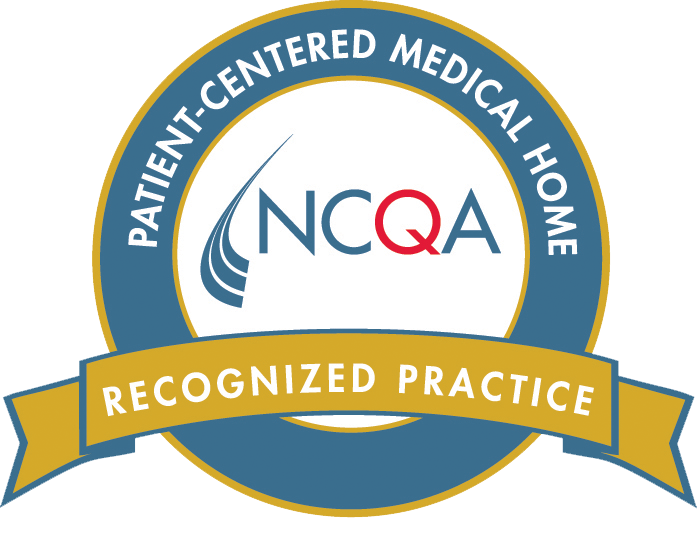DocTalk: Diabetes prevention and education
About one in five Americans are living with diabetes and don’t even know it, according to the Centers for Disease Control and Prevention. The number of people living with diabetes is higher than ever, but the more you are aware of diabetes and the effect it can have on you the more you are able of preventing it or even lessening the impact it can have on your body.
Midtown’s Chronic Disease Case Manager, Lauren Cox, said there are some factors that cannot be controlled when it comes to diabetes, such as family history. However, some factors are within a patient’s control.
Cox said a big factor most people do not know is that smoking, including vape, can increase a person’s risk of diabetes by 60 percent. Other ways to reduce risk is to maintain a healthy weight, moderate exercise and eating a healthy diet.
“A healthy diet consist of lower starchy carbs, sugar, and animal fats and more fruits and vegetables, protein, lean meats and poultry, beans and legumes, fish, healthy fats, low-fat dairy, water, nuts and seeds, and whole grains,” Cox said.
There are two main types of diabetes, Type 1 and Type 2. Cox said Type 1 is an autoimmune cause, where the body’s defense system makes a mistake and attacks the pancreas, which is the organ that makes insulin. Type 2 diabetes, the pancreas makes insulin as it should but the body goes through insulin resistance where the muscles and organs to respond to the insulin as they should.
“People often ask which is worse,” Cox said. “They are both very serious diseases and can be life-threatening.”
Another type of diabetes is gestational diabetes. This happens during pregnancy when a women’s blood sugar gets too high and she did not have diabetes before her pregnancy. If a woman is diagnosed with gestational diabetes she will need to measure her blood sugar daily, change her diet and possibly take insulin throughout her pregnancy, Cox said.
According to Cox, managing diabetes is a team effort and requires cooperation and coordination between a patient, family members, medical providers and diabetes educators. Midtown offers on-going one-on-one and family diabetic education and support with a Certified Diabetes Care and Education Specialist. Midtown also offers classes through the National Diabetes Prevention Program to help those who are at risk make changes to prevent diabetes.
“A person with diabetes can live a long and healthy life, but it does take effort and support,” Cox said. “Everyone with diabetes needs to work on healthy lifestyle changes.”
***
Midtown Health Center’s DocTalk is a collaborative effort of the Dr. Emily Vuchetich, Chief Medical Officer; Dr. David Seger, Chief Dental Officer; Dr. Josh Turek, Chief Behavioral Health Officer as well as Midtown’s other providers. For a full list of Midtown’s providers as well as more information about Midtown please visit Midtownhealthne.org.









